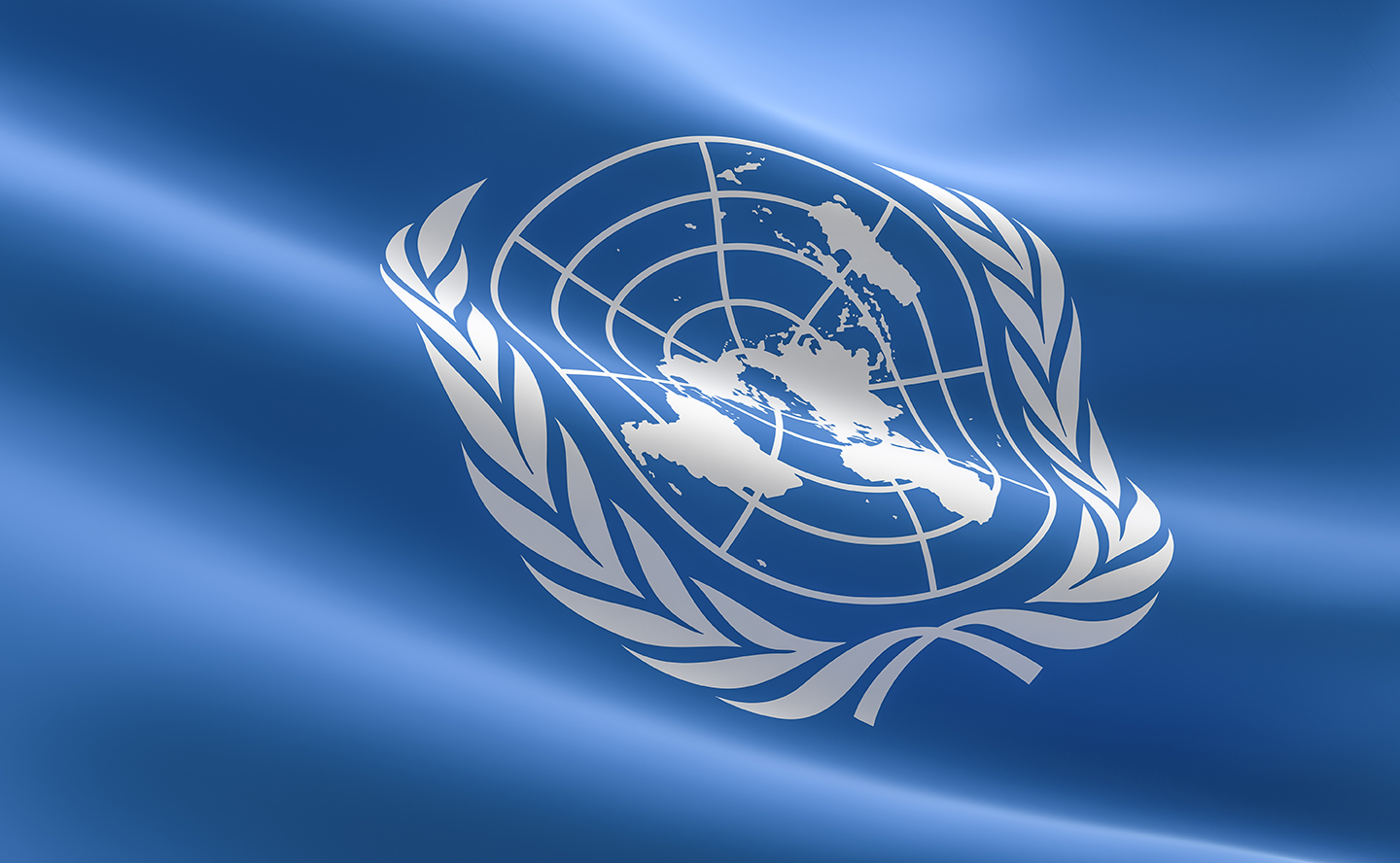The Open-Ended Working Group on Reducing Space Threats: Recap of the third session
Summary
The focus of the Open-Ended Working Group (OEWG) is on reducing space threats through norms, rules, and principles of responsible behaviour. While the first session featured discussions on existing legal and normative frameworks, and the second current and future threats, this third session considered recommendations on possible norms, rules, and principles of responsible behaviours relating to threats by states to space systems, including how they might contribute to the negotiation of a legally binding instrument on the prevention of an arms race in outer space (PAROS).
Introducing the session, Chair Hellmut Lagos of Chile stressed that the topic of concern was global in nature, affecting all states and persons. The Chair asserted that there could be no progress if states viewed the occasion as a struggle between different groups and interests. Instead, he positioned it as a significant step within the broader multilateral framework of space governance.
At the end of the session, the United Kingdom claimed that the breadth and strength of engagement was encouraging. In all, 42 states plus the European Union, the Association of Southeast Asian Nations (ASEAN), and the Holy See took the floor, as did the International Committee of the Red Cross(ICRC). Nongovernmental organizations (NGOs) Project Ploughshares, Secure World Foundation, and the International Organization for Standardization (ISO) spoke informally.
It is possible that consensus may emerge from the significant debate on the applicability of international law, including international humanitarian law (IHL), to outer space. Russia and China acknowledged that IHL applies to outer space, as it does everywhere, but did not agree that it was an appropriate topic for the OEWG.
Interest was also converging on the following:
- avoiding the deliberate or intentional creation of space debris
- avoiding armed conflict and the use of force in outer space
- building on growing support for a moratorium against destructive tests of direct-ascent (DA) anti-satellite (ASAT) missiles
- awareness of the harmful effects of non-kinetic interference with space systems
- a need for rules on such actions as notifications and consultations prior to conducting rendezvous-and-proximity operations (RPOs)with foreign satellites
- a desire to protect space systems that provide critical infrastructure/essential services to civilians
- the value of existing transparency and confidence-building measures (TCBMs), such as publishing policies and prelaunch notifications, and the desire to expand upon them
- the need for greater sharing of information, including space situational awareness (SSA) data
- the use of diplomatic tools and channels to address concerns and settle disputes
- a need to create new mechanisms to facilitate communication, information exchange, and deconfliction.
At the heart of this discussion was the primacy of the principle of peaceful use that shapes the content of the Outer Space Treaty, as well as the right of all states to use outer space freely and equitably, without discrimination.
There was also widespread recognition that the adoption of norms of responsible behaviour could facilitate the development, implementation, and verification of additional legal arms control measures in the future – a goal shared by many states.
Nonetheless, some states continued to see a dichotomy between laws and norms, seeking to narrow the parameters of the discussion to legal considerations only, while claiming that the adoption of norms was an attempt to override or disregard law. It was clear that a few states, while participating in the discussion, continued to object to the premise of the process.
Seeking to build connections between different diplomatic priorities and initiatives, Brazil called for a ban on all destructive ASAT tests by combining the ongoing political commitment to “no first placement” of weapons in outer space, and the newly adopted resolution not to conduct destructive direct-ascent missile tests against space objects. Brazil also noted that most arms control agreements, including the Chemical Weapons Convention, had included elements related to both behaviours and capabilities in dealing with control and verification challenges posed by dual-use technology.
Despite disagreement on appropriate measures, there was wide concern for the effects of potential weaponization and use of force in outer space.
Finally, open, inclusive participation was eroded through continued efforts to restrict nongovernment stakeholders from engaging in the formal discussion.


